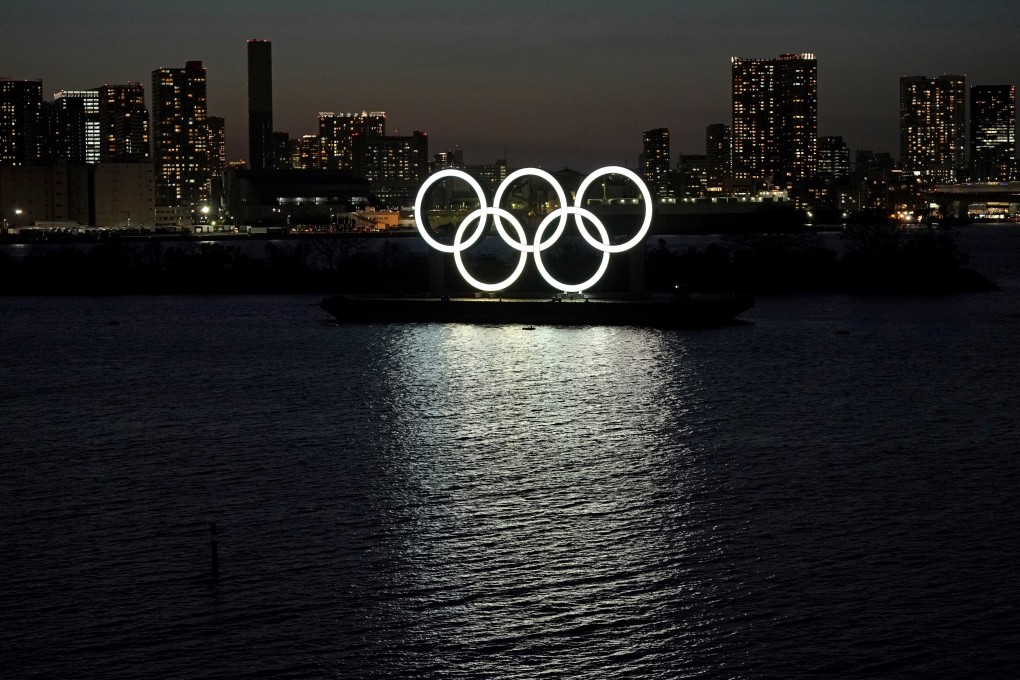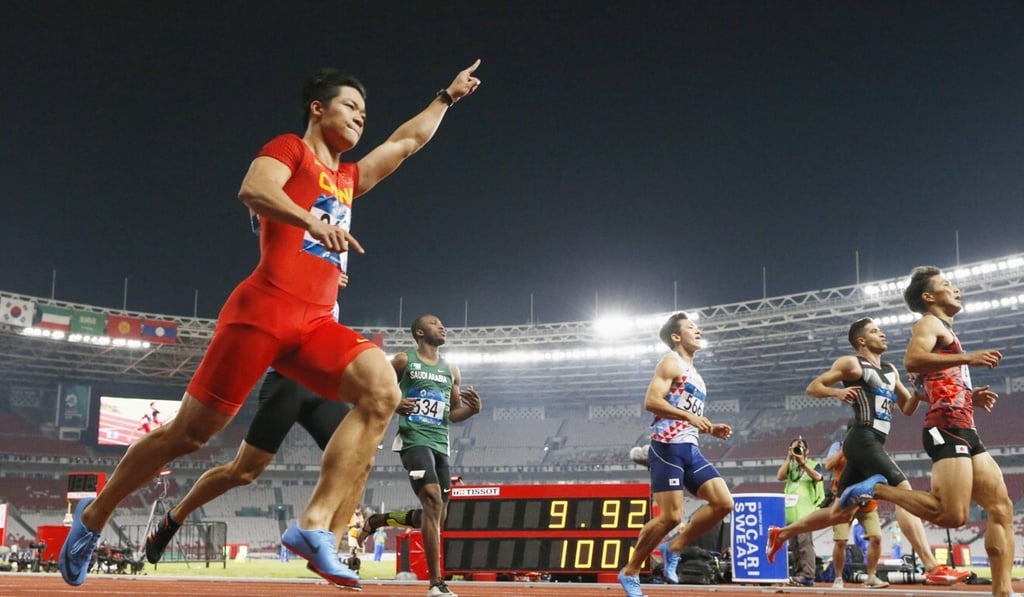Faster, Higher, Stronger | Tokyo 2020: China risking Olympic dreams with bizarre physical tests for elite athletes
- Policy comes to light after star swimmers are ruled out of finals at nationals for not being among top test results
- While Chinese FA is naturalising foreign players for Fifa World Cup campaign, the General Administration of Sport makes life more difficult for Olympic sports

There has been ample head-scratching, or whatever the emoji for that is, with Chinese social media users questioning the unrelated physical tests at the Chinese National Swimming Championships that have seen champion swimmers ruled ineligible for finals.
It has also attracted criticism in the mainland’s mainstream media, with athletes such as Asian Games gold medal winning teenager Wang Jianjiahe, Rio 2016 star Fu Yuanhui and Yu Hexin being among seven swimmers who missed out on finals that they qualified for in the pool.
Moreover, Wang set an Asian record in the 1,500m free, while Yu set a national record in the men’s 50m free.
However, proving it in the pool is no longer enough and each of those swimmers was ruled out of their final because they did not finish in the top eight in the pre-tournament physical tests.

“The swimmers took part in vertical jumps, 30-metre sprints, pull-ups, trunk muscle strength training, and 3,000-metre runs in the two-day physical tests,” Xinhua reported. The results of these tests proved to be more important than the official competition, which is also the qualifying event for the delayed Tokyo 2020 Olympic Games next summer.
